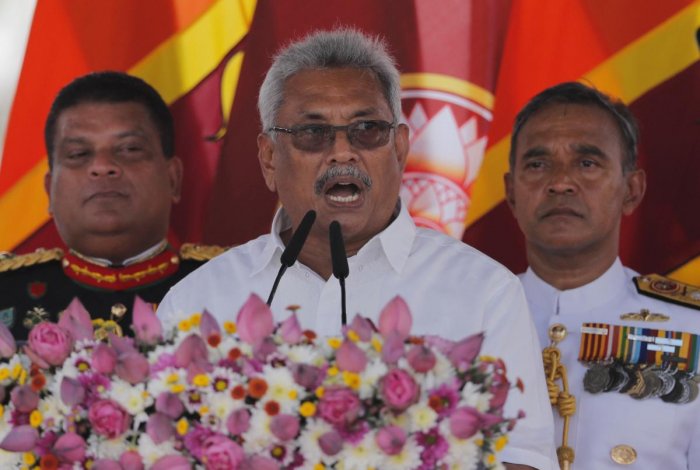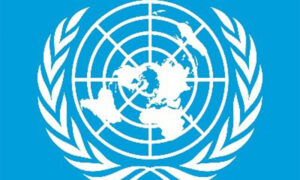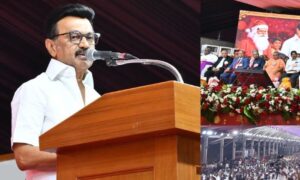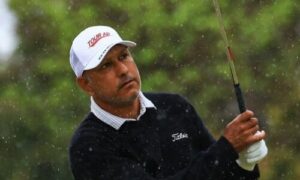
File Picture
Sri Lanka’s President Gotabaya Rajapaksa has for the first time admitted that some 20,000 people who disappeared during the country’s brutal civil war with Tamil Tiger rebels over a decade ago are “dead”.
Gotabaya Rajapaksa, the former wartime defence secretary who played a key role in ending Sri Lanka”s nearly 30-year civil war with the Tamil separatist rebels, told UN Resident Coordinator Hanaa Singer last week that after the necessary investigations are completed steps would be taken to issue death certificates to these missing persons, the Colombo Gazette reported.
According to the government figures, over 20,000 people are missing due to various conflicts including the three-decade separatist war with Lankan Tamils in the north and east which claimed at least 100,000 lives.
The Tamils alleged that thousands were massacred during the final stages of the war that ended in 2009 when the government forces killed Liberation Tigers of Tamil Eelam (LTTE) chief Velupillai Prabhakaran.
The Sri Lankan Army denies the charge, claiming it as a humanitarian operation to rid the Tamils of LTTE”s control.
At the end of the civil war, the United Nations accused both sides of atrocities, especially during the conflict”s final stages.
International rights groups claim at least 40,000 ethnic Tamil civilians were killed in the final stages of the war, but the government has disputed the figures.
The President”s Office quoted Rajapaksa as saying that he outlined his plans to address the issue of missing persons.
“He explained that these missing persons are actually dead. Most of them had been taken by the LTTE or forcefully conscripted. The families of the missing attest to it. However, they do not know what has become of them and so claim them to be missing,” President Rajapaksa”s office said.
The President said that after the necessary investigations are completed steps would be taken to issue a death certificate to these missing persons.
“Afterwards their families would be given the support they need to continue with their lives. Tamil politicians reject this solution as it would nullify their political agenda. However, this would help the affected families,” he was quoted as saying.
Several mass graves containing skeletal remains have been found since, but only a handful have ever been identified.
The UN and other rights groups have pressed Colombo to establish a war crimes tribunal to investigate allegations of human rights abuses – both by the military and the LTTE.
Successive Sri Lankan governments have resisted such attempts, saying it is a domestic issue and the allegations should be probed internally.
[the_ad id=’22723′]


















